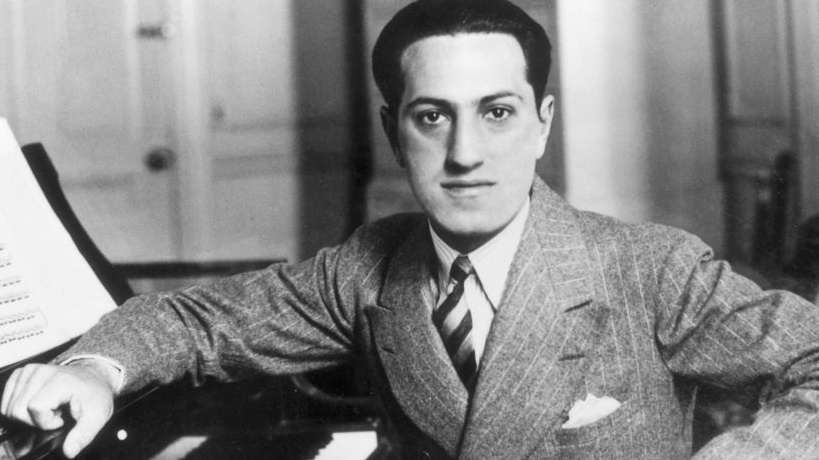With the start of a new year, several literary and musical works from the 1920s will be available for the public domain. Classical composer George Gershwin's "Rhapsody in Blue" will be among the works available for the public.
Gershwin is mostly known for composing the opera Porgy and Bess and the song "Summertime" which was later recorded by Billie Holiday.
Although the copyright for "Rhapsody in Blue" expired 20 years ago, Congress extended its protection from 75 years to 95 years because the Gershwin Family Trust and Disney lobbied for its rights, Digital Music News reported.
Tech writer Andy Ihnatko spoke with Boston Public Radio to explain what it means when copyrighted work enters the public domain.
"Every year on January 1st, every single piece of creative content from a certain year in the '20s— this year it is 1924 —enters the public domain," Ihnatko said. "It means that everybody owns it."
Ihnatko said people who want to record their own version of "Rhapsody in Blue" can now record without paying anybody.
"If you want to include it in a film soundtrack, you can do that and if you want to adapt 'Rhapsody in Blue' you can do that," he added.
In a 1998 interview with The New York Times, Gershwin's nephew, Marc Gershwin, expressed concerns about losing the copyright to his uncle's work.
"The monetary part is important, but if works of art are in the public domain, you can take them and do whatever you want with them," he said. "For instance, we’ve always licensed Porgy and Bess for stage performances only with a Black cast and chorus. That could be debased. Or someone could turn Porgy and Bess into rap music.”
Jennifer Jenkins, director of Duke's Center for the Study of the Public Domain, said it's fair to have Gershwin's work available in the public domain.
"Anyone can create their own 'Rhapsody in Blue' that will be there to inspire the next Gershwin," Jenkins told NPR. "The U.S. Constitution, by design, mandates that copyrights last for limited times so that works fall into the public domain, where the public has free access to them and, importantly, where future creators can freely build upon them."
Jenkins said it's understandable that the Gershwin Family Trust wants to keep copyright of their works, but only 1% of their work is still generating any income.
"And so for those 99% of works, no one got any benefit," she said. "But the rest of us, the public, all of the future creators, we lost out on the ability, for 20 years, to freely build upon those works."

